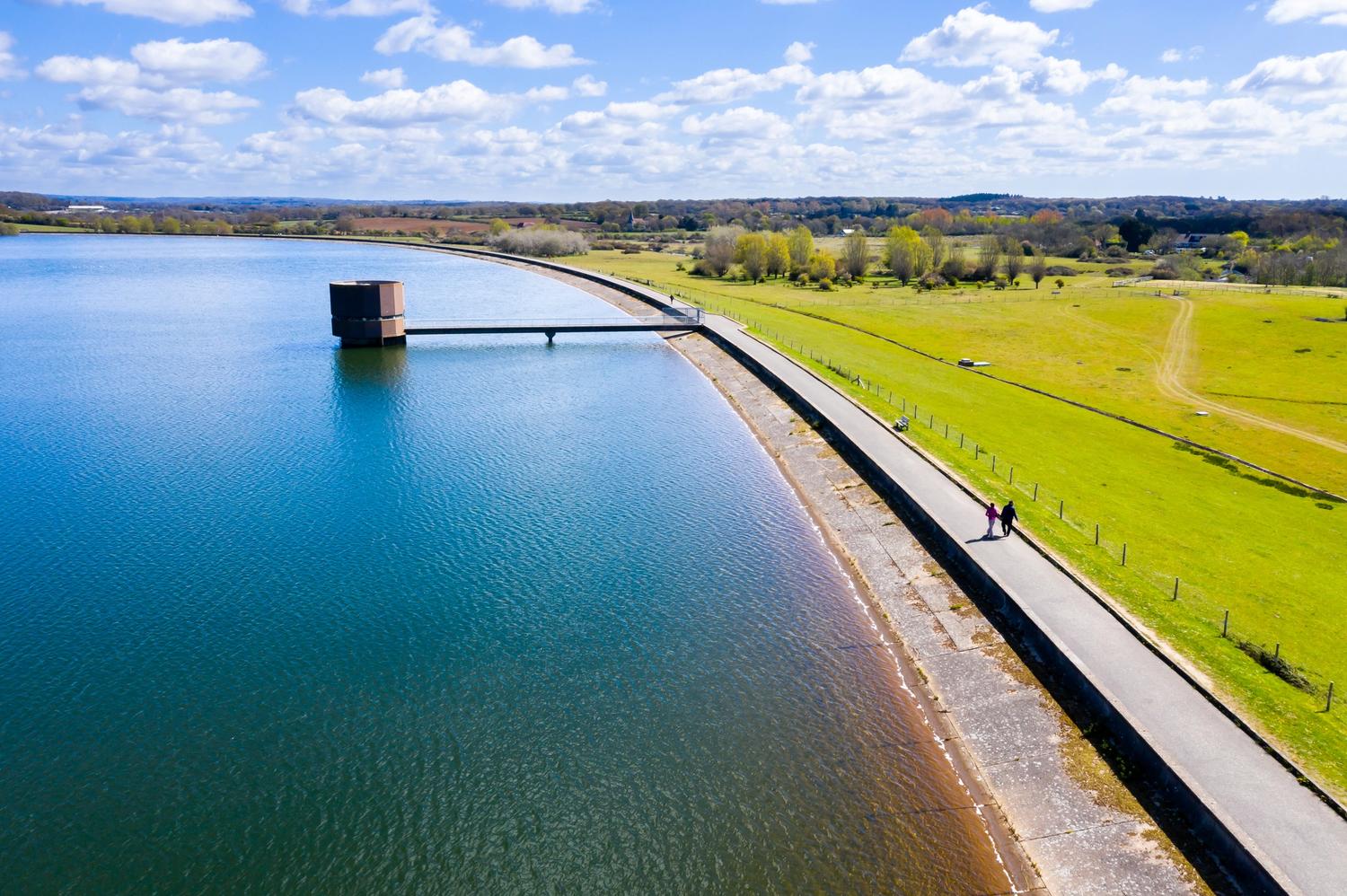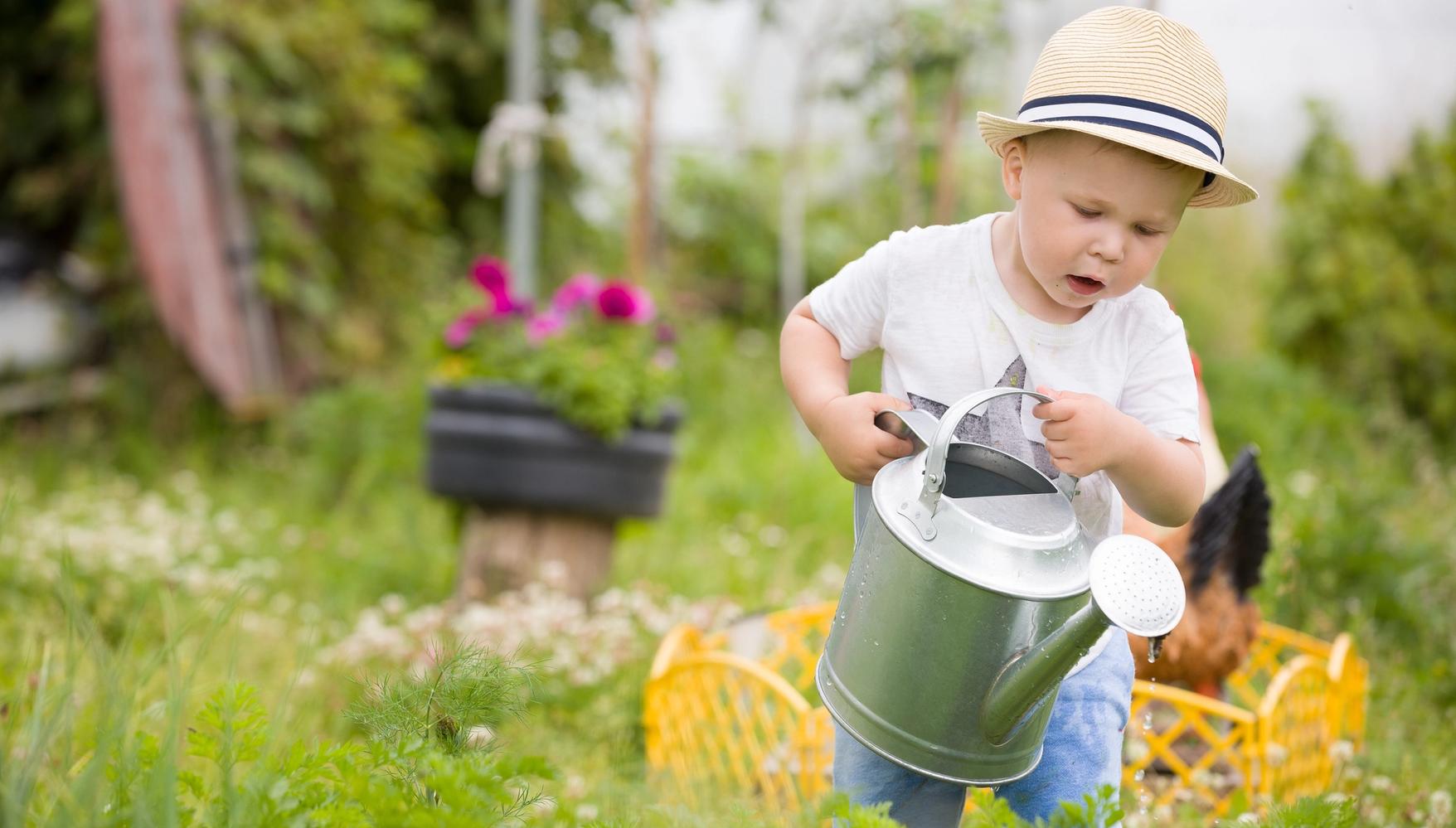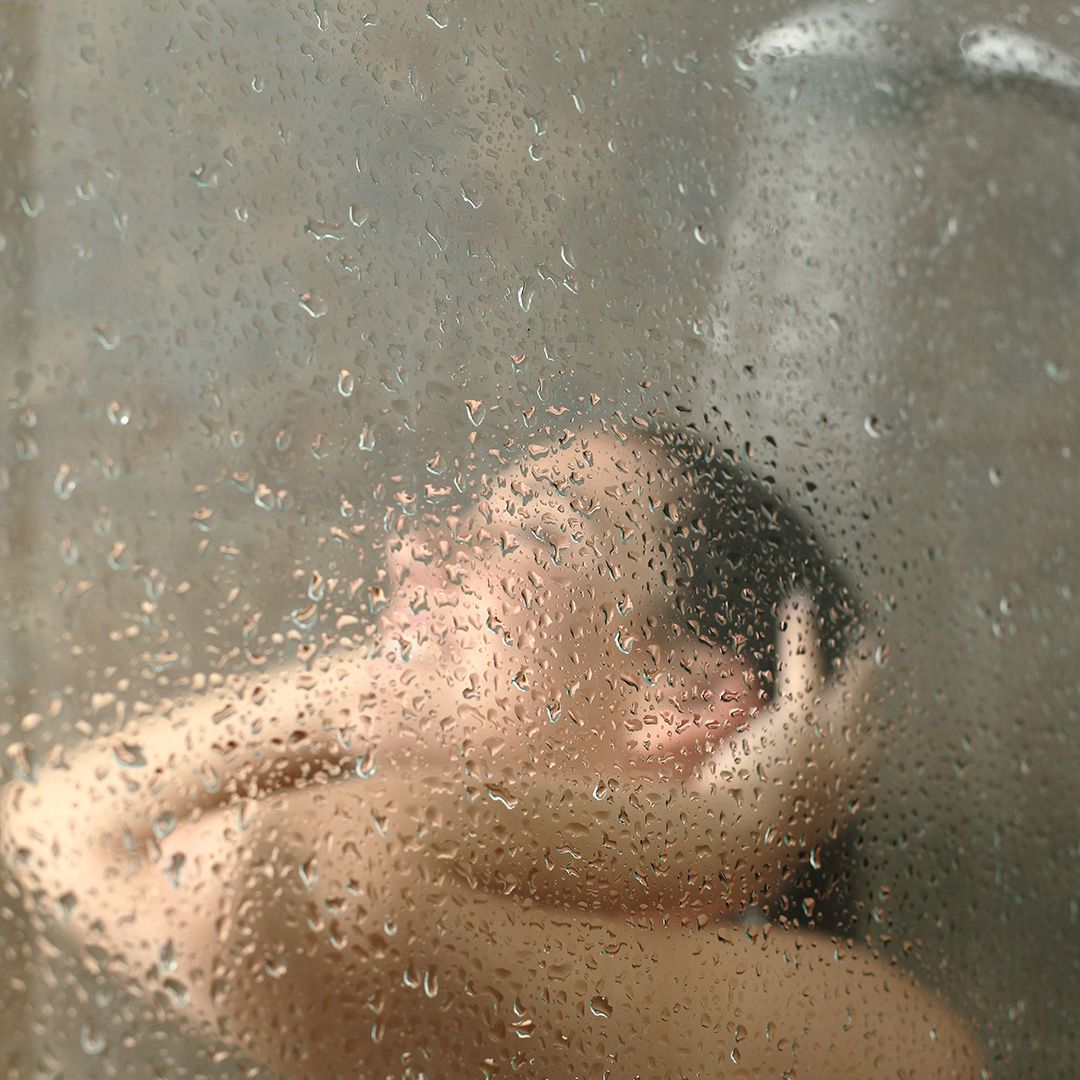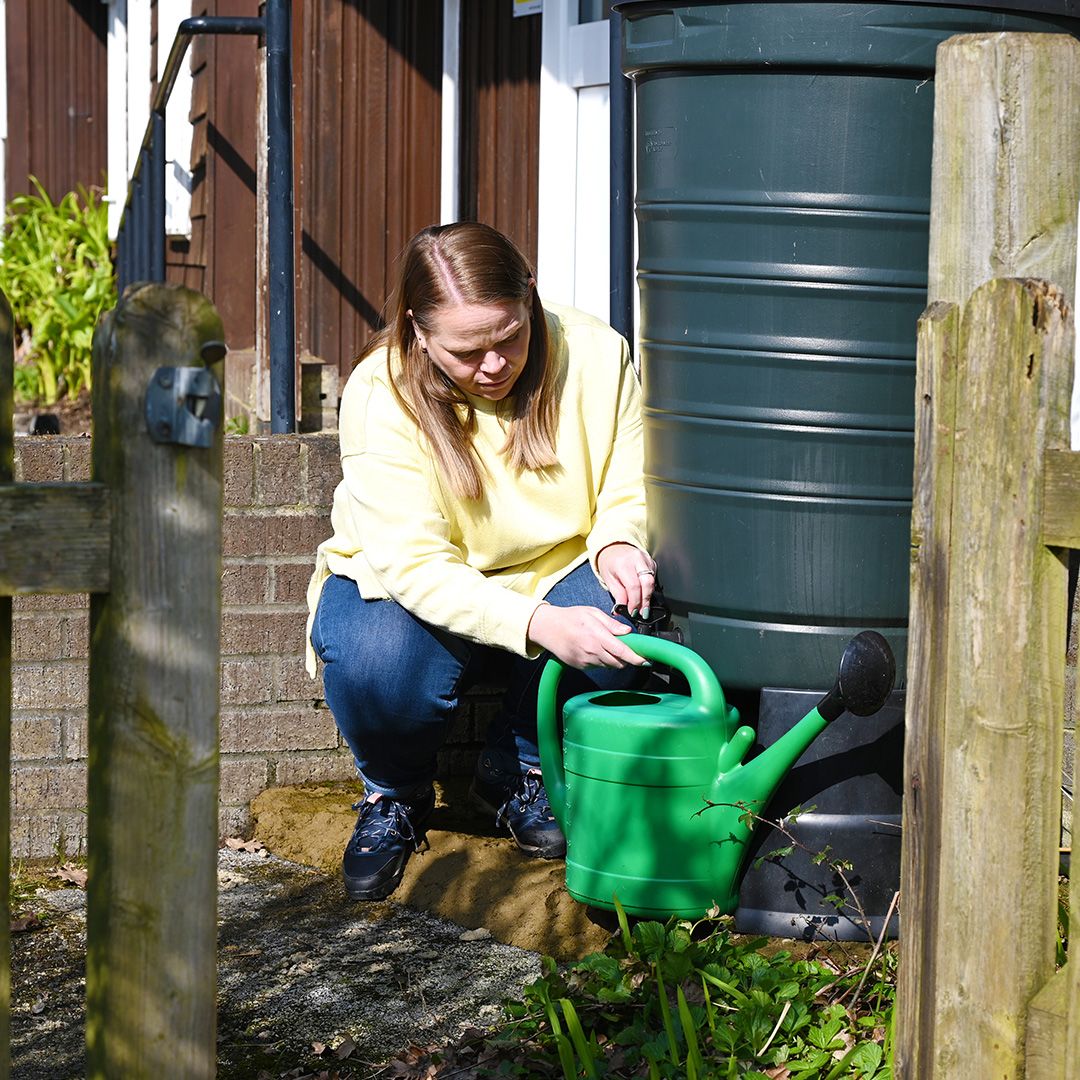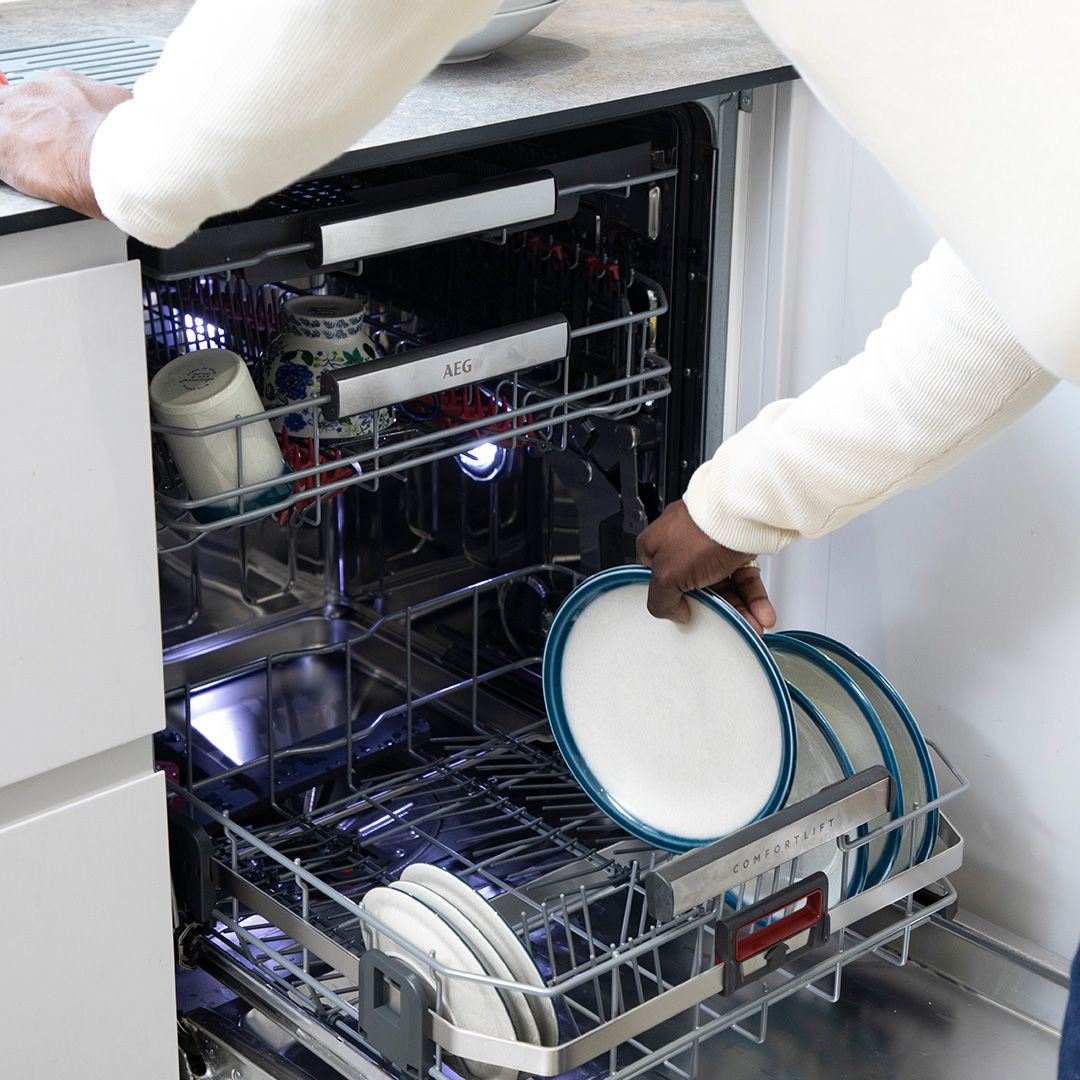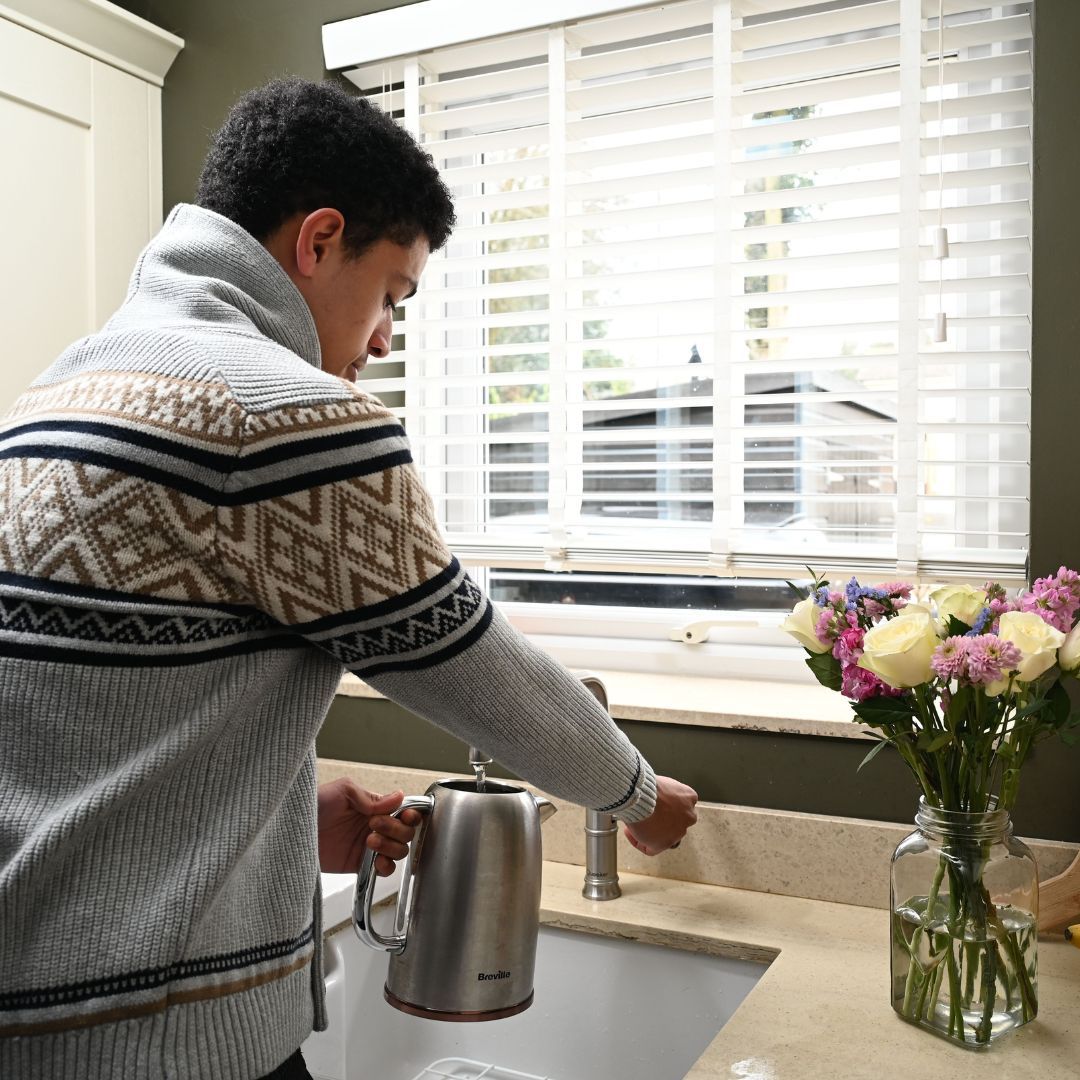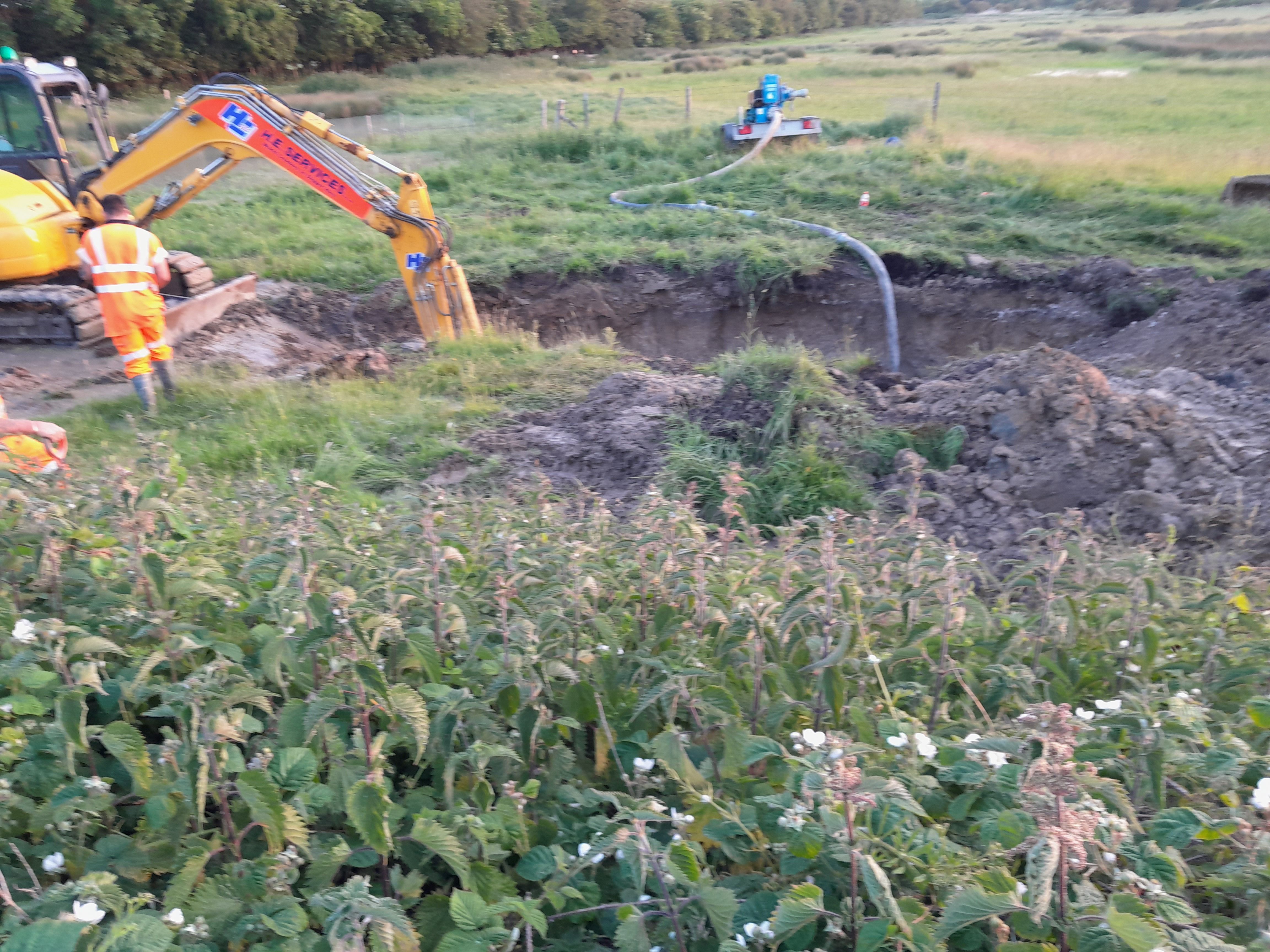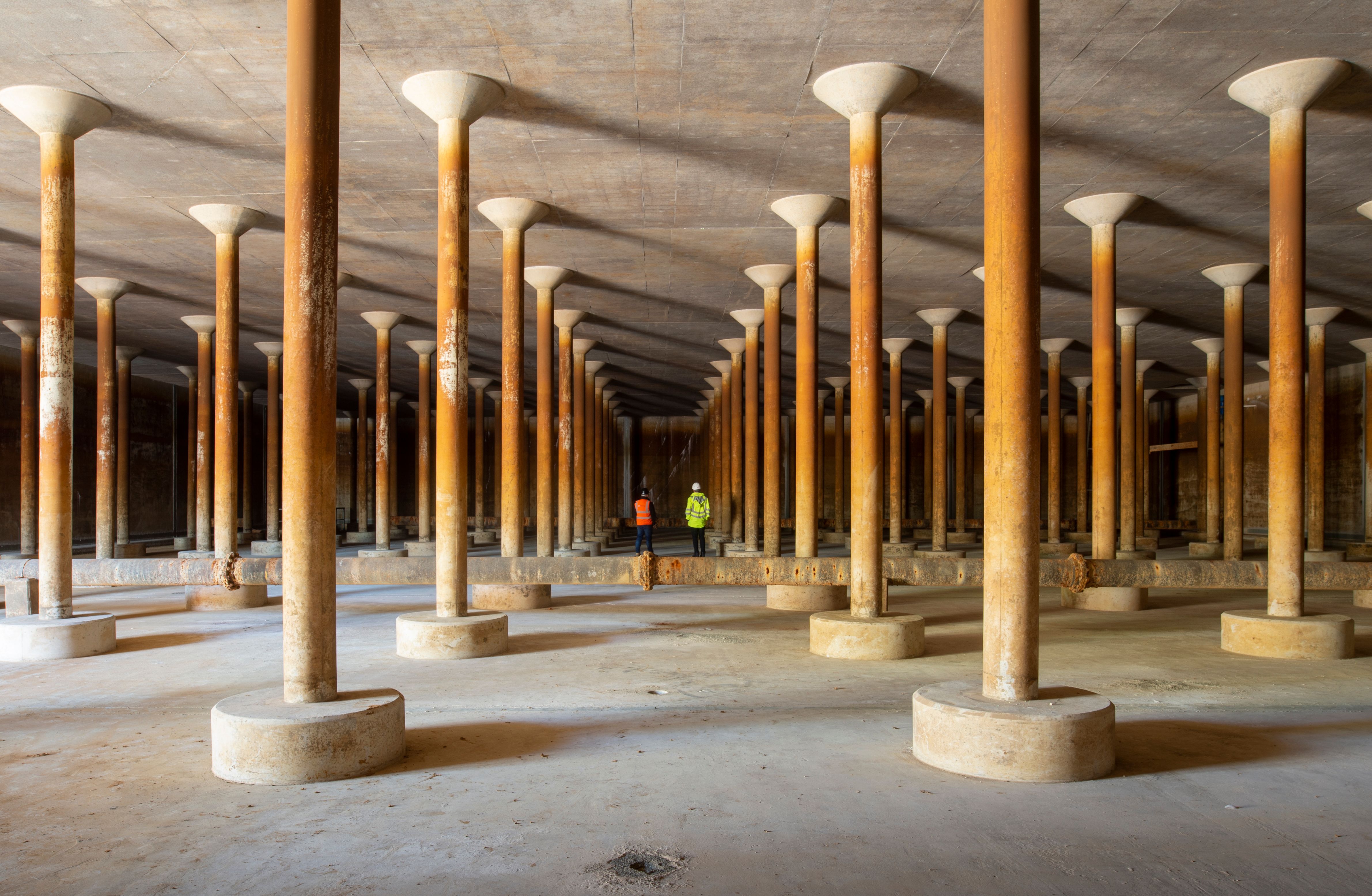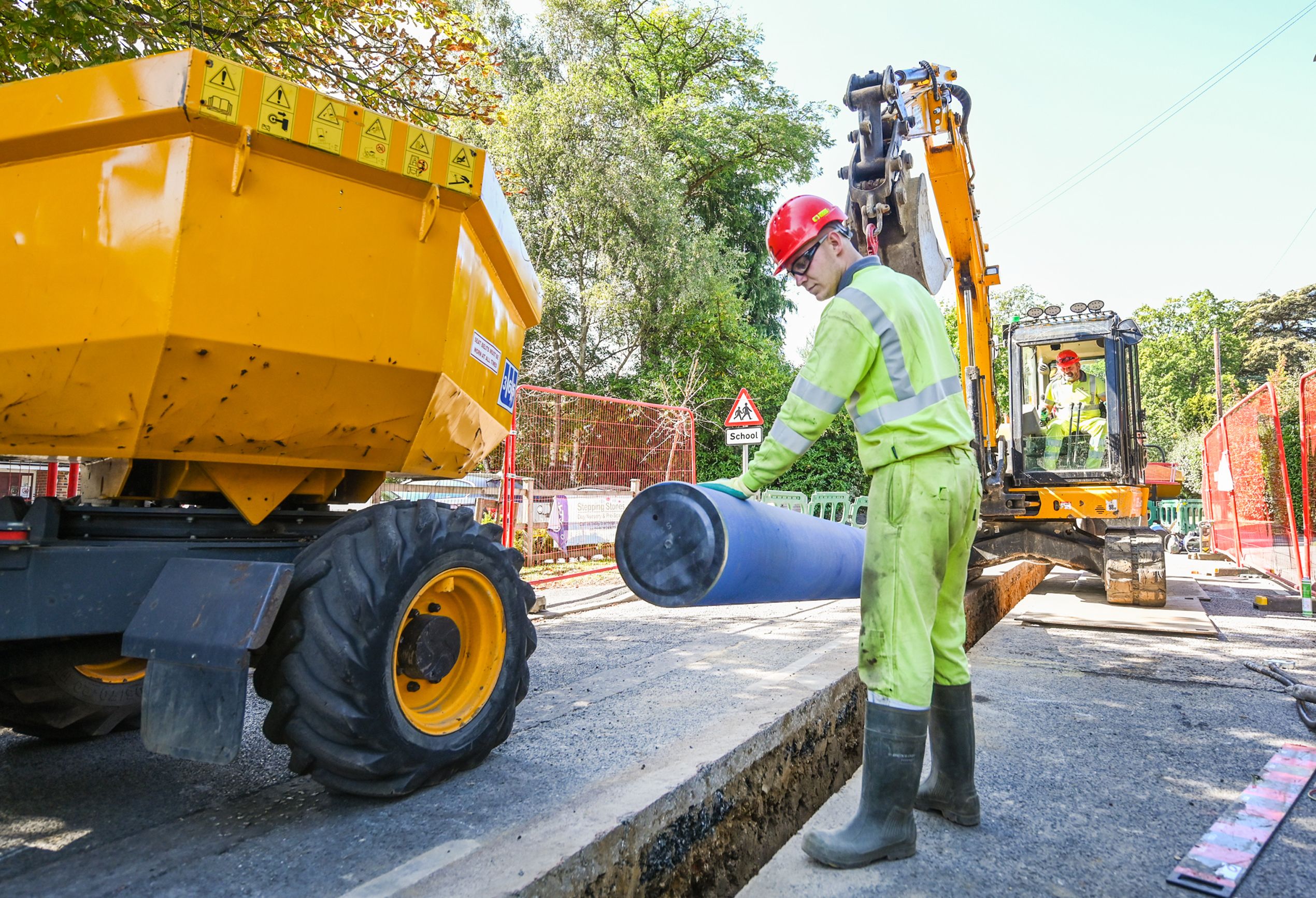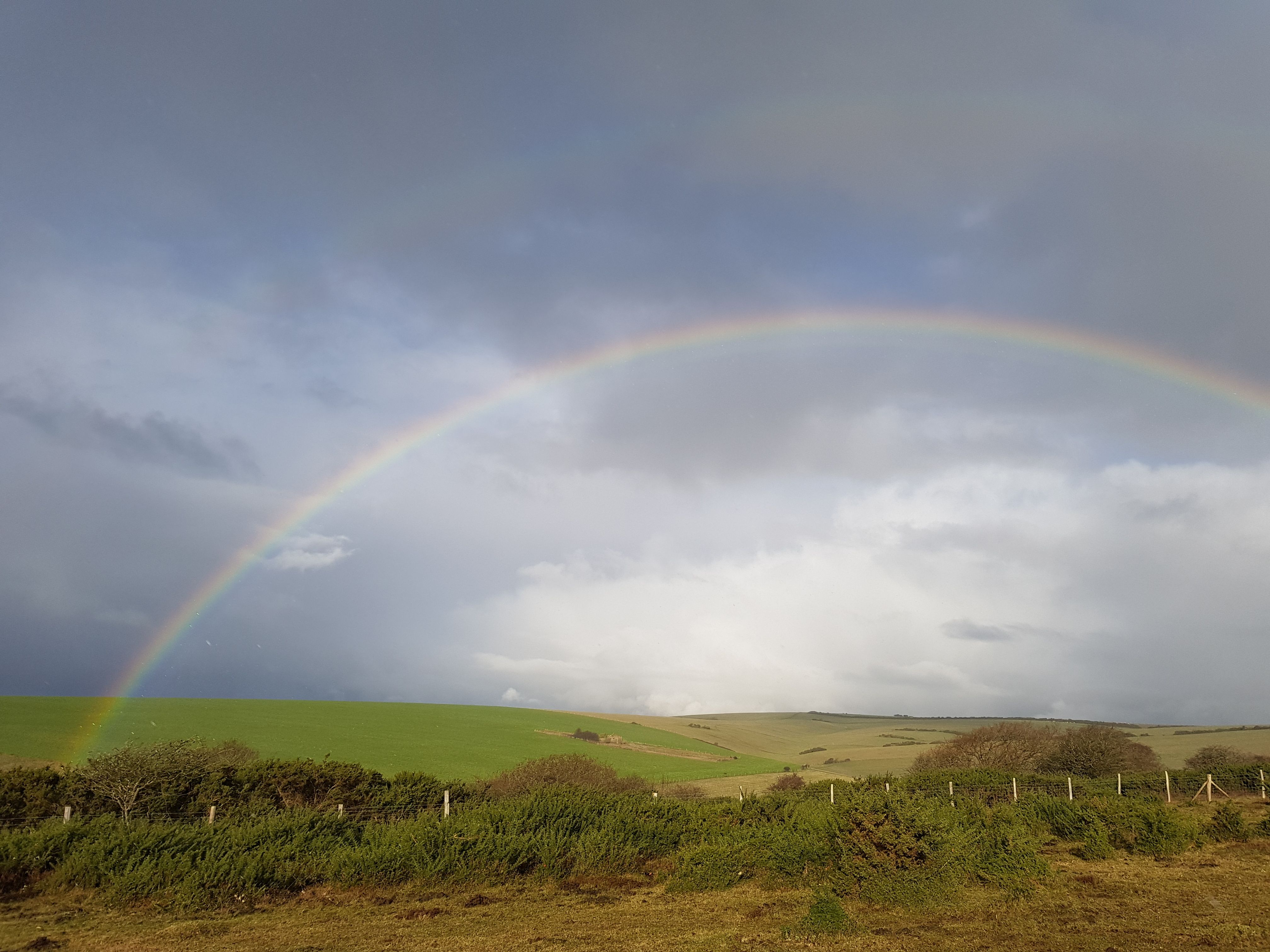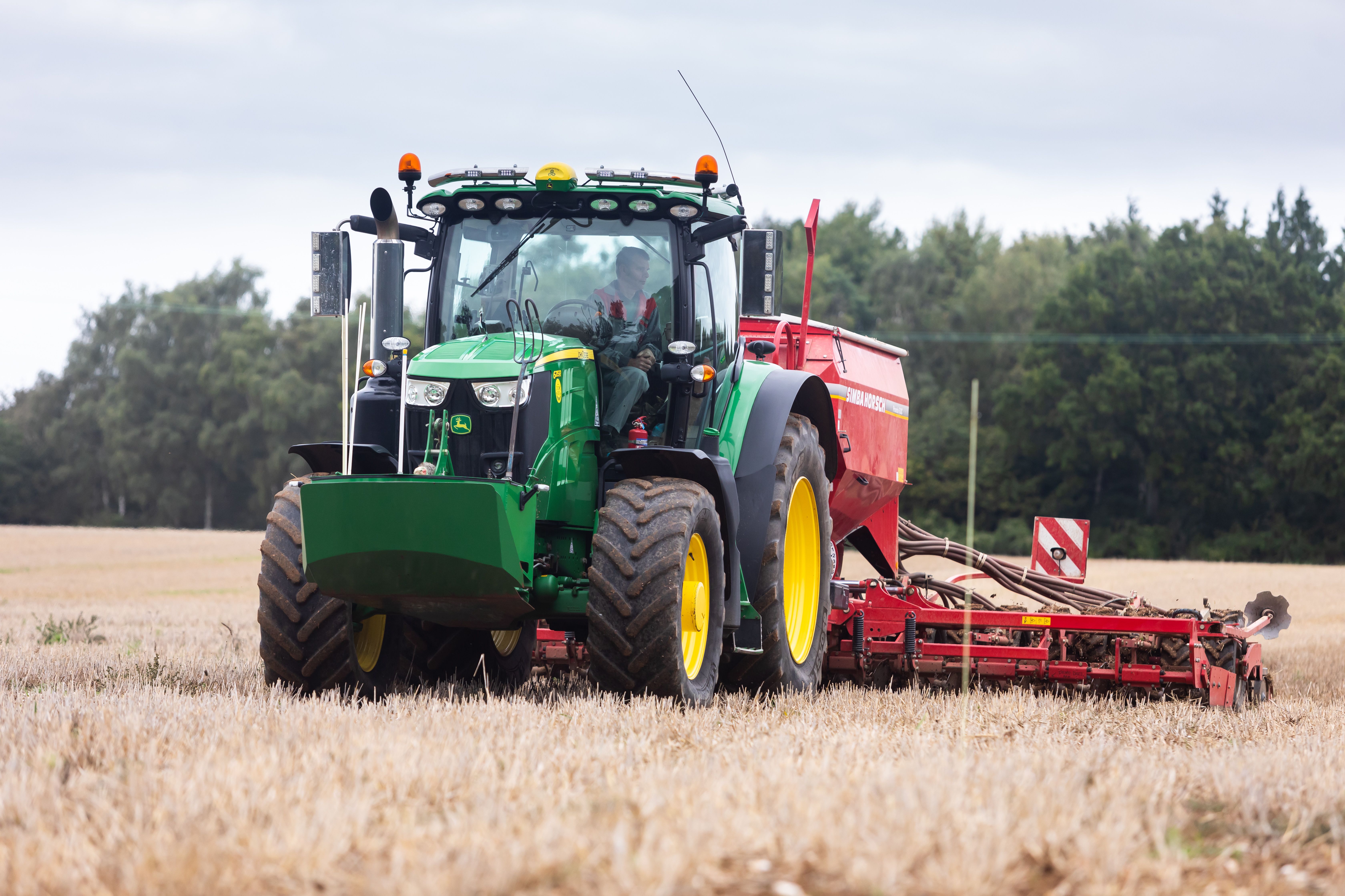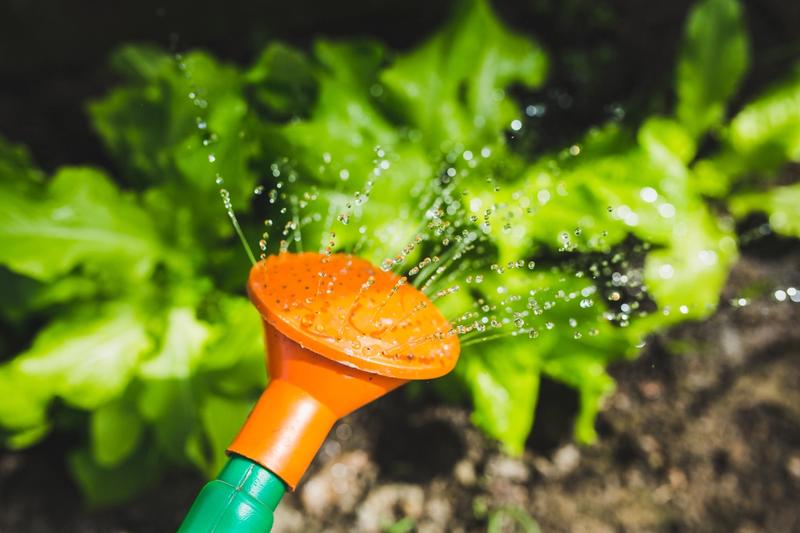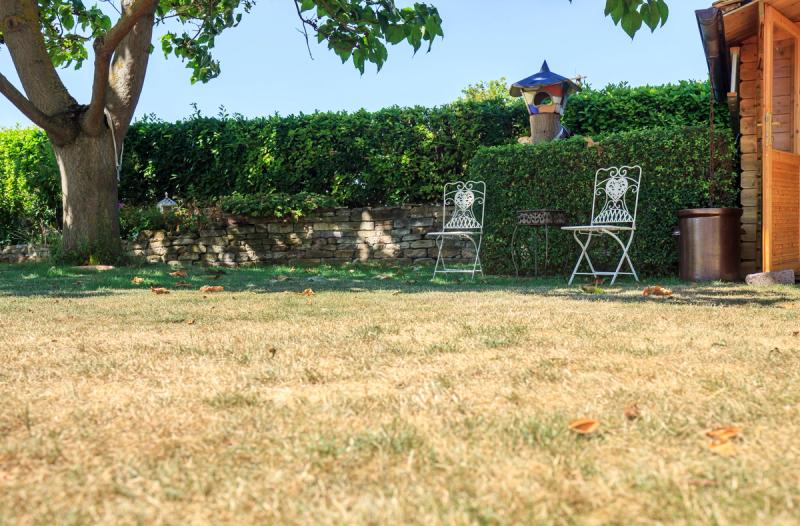From flushing the loo to making a brew and everything else we do each day, we're constantly using water in our homes.
The south east of England is one of the most water-stressed areas in the UK. With a growing population, more homes, and climate change, we all need to save water. This makes sure there’s enough water for everyone, and for our plants and wildlife.
Over 70% of Earth is water, but only 1% can be safely used for drinking water.
Saving water at home
We've got a bucket load of ideas on how to save water at home, no matter the weather.
It’s easier than you think. If we all make small changes to our daily routines, it will make a big difference to how much water you use and how much your bills cost.
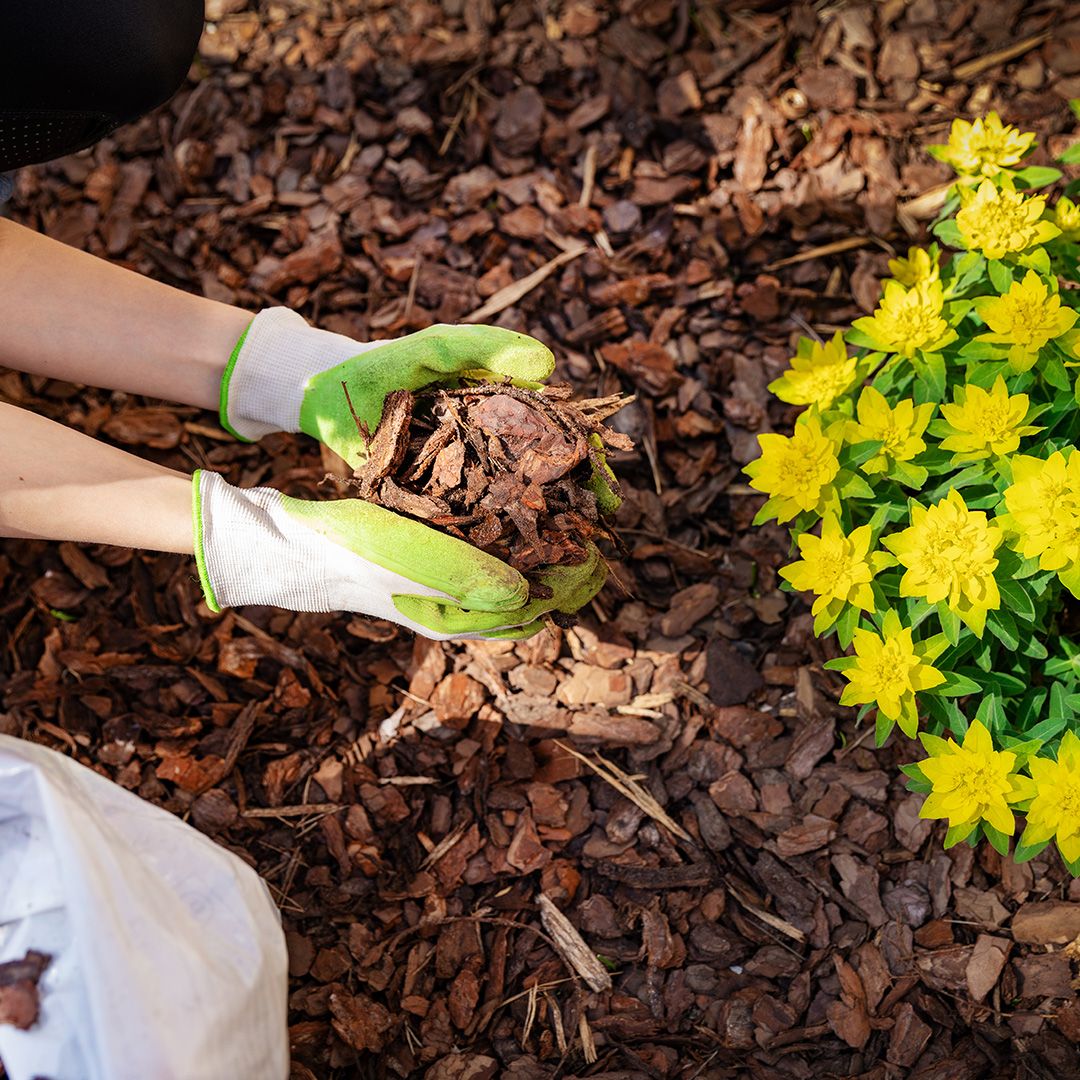
Water your garden wisely
Use mulch, bark or SwellGel to keep moisture in your garden. In summer, water plants in the early morning or late evening when it's cooler, so less water evaporates.
Why save water?
Save money
Around 18% of energy used in UK homes is for heating water. About 12% of a typical gas-heated home’s heating bill is for showers, baths, and hot water from the tap.
Protect water supplies
We take the water we need from rivers and chalk aquifers (underground layers of rock that hold water). It's important we take enough water for our customers, but leave enough for the environment.
Help with climate change
With hotter summers and drier winters, water is becoming more scarce. By 2050, the amount of water available could be reduced by 10-15%, with some rivers having 50-80% less water in the summer.
